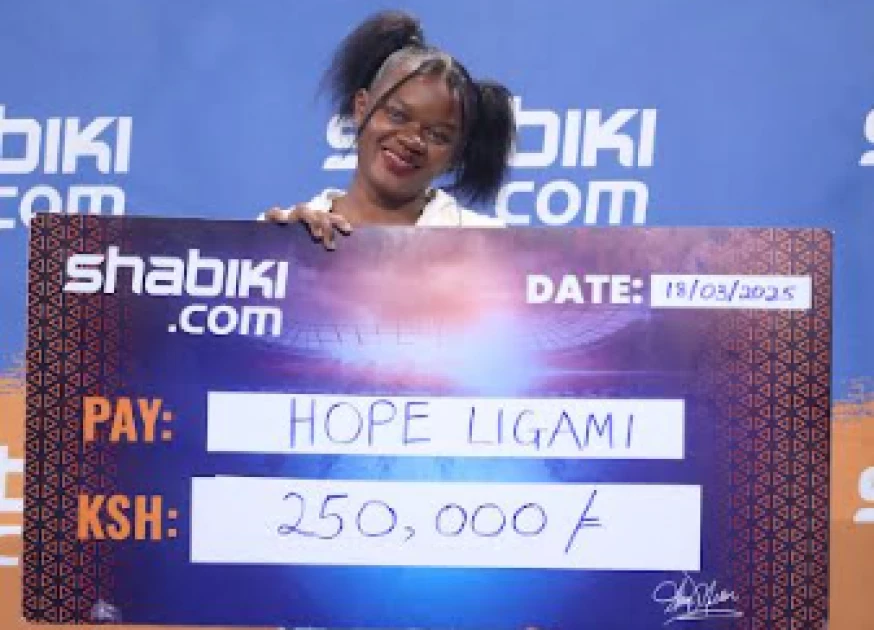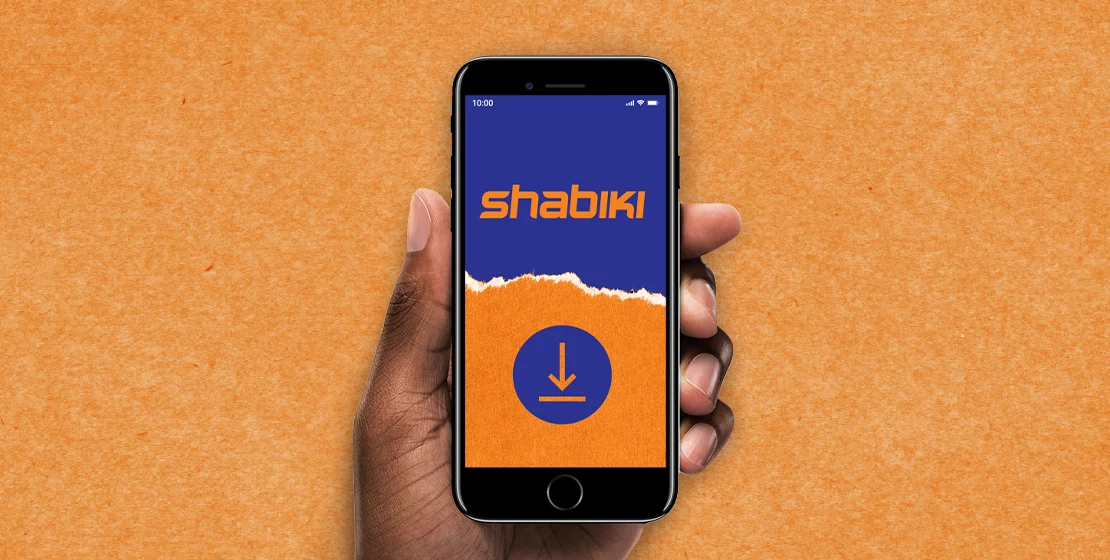Investigations
Fake Gambling Winners Are Scamming Kenyans Into Poverty Through Media Lies

A storm is brewing online and in real life, as Kenyans begin to realize they’ve been played.
Betting companies like Mozzart and platforms like Shabiki are partnering with powerful media houses such as Royal Media Services to sell poor Kenyans a dangerous lie—that gambling will make them millionaires.
From flashy jingles on radio to viral winners on social media, the promise is always the same: bet and you’ll change your life.
But behind the shiny prizes and loud celebrations lies a grim reality—broken families, wasted savings, and a growing mental health crisis.
How Betting Firms and Media Giants Use Fake Gambling Winners to Prey on Poverty
In a country where unemployment and poverty are rampant, betting has become the illusion of hope. Media outlets, once seen as watchdogs of the people, have now turned into full-time hype machines for betting companies.
On Citizen TV, Radio Citizen, Inooro FM, and many others under Royal Media Services, every hour comes with a dose of betting talk—“Play now and win big!” or “Your life can change in an instant!”
But these promises are lies. The winners shown on screen and paraded on social media are nothing more than marketing tools.
Hope Diana Ligami is a perfect example. On March 18, 2025, Shabiki announced her as the winner of Kshs 250,000 from their “Jiomoshe na Jet X” campaign.
Just weeks earlier, she had also “won” a car through Mozzart Sports. Two big wins in less than a month? That’s not luck. That’s manipulation.
These fake wins are carefully crafted stories, repeated again and again to hook desperate youth and struggling Kenyans into a system built to make them lose.
Hope’s ‘success’ story, celebrated as proof that “#BaddiesInBetting” can win, is simply a polished PR stunt used to exploit the poor.
A whistleblower has accused Hope Ligami and her husband, Dan Ododo, of orchestrating a fraudulent scheme tied to Kenya’s gambling industry.
According to the source, the couple, who previously worked together at Faulu Microfinance Bank’s Eldoret branch, are key players in a con involving fake betting winners.
Ligami reportedly left the bank, while Ododo is believed to still be employed there, allegedly acting as a shadowy intermediary between gambling companies and individuals paid as little as 3,000 KSh to pose as winners on TV and other media.
The source claims Ododo uses proxies to mask his involvement, while Ligami has been winning under multiple aliases across various firms.
Amid rising concerns over gambling scams in Kenya, the whistleblower insists these “crooks” have exploited Kenyans for too long and must be stopped.
Fake Gambling Winners Fuel the Lie of Success
The average Kenyan doesn’t stand a chance. With games like Aviator gaining traction, the betting scene has turned from chance to psychological warfare.
Aviator, the online game where players bet on a virtual plane as it “takes off,” seems simple. But it’s built for addiction.
The multiplier rises, and so does the thrill. Just before it crashes, players must cash out. The catch? Most wait too long.
The game is designed to manipulate brain chemistry, feeding players dopamine while draining their wallets.
Hope Ligami’s story is not unique. Every week, betting companies announce new “winners” with unrealistic rewards.
These are people with vague identities, no clear history, and no proof of how they played and won. Most Kenyans have never met a real betting winner. But they’ve met hundreds who’ve lost school fees, rent, and food money chasing wins that never come.
Even worse, the faces used to celebrate these “wins” are mostly young, vibrant women or entrepreneurs, crafted to appeal to the struggling youth.
The message? You too can make it—just place a bet. In reality, it’s a trap. One that’s swallowing thousands every day.
Fake Winners Are a Smokescreen for Ruin
Radio shows, especially on vernacular stations, are ground zero for the betting epidemic. Show hosts, who command trust in local communities, act as brand ambassadors.
They hype daily jackpots, announce “winners,” and share emotional stories of people who turned a single bet into a fortune. But none of these stories can be verified.
These stations are paid heavily by betting companies to flood the airwaves with hope. Not with truth.
While a listener in Kisii is promised a path to riches through Jet X or Aviator, the reality is they’re being robbed in broad daylight.
No one talks about the father in Kisumu who sold his boda boda to keep betting. Or the university student in Nairobi who ended her life after losing a borrowed Kshs 50,000 in one night on Aviator.
The media does not report those stories. It hides them. The Ministry of Interior and ICT have so far failed to rein in these exploitative practices. Regulatory bodies turn a blind eye.
Instead of banning or regulating games like Aviator, authorities allow them to operate openly, even as social media fills with desperate messages from young people begging for help.
What we are witnessing is a coordinated system of exploitation—where poverty is the resource, and false hope is the product. And it’s working.
A Nation Addicted, a Generation Lost
Kenya is in crisis. Betting addiction has quietly become a public health disaster. The youth are hooked. Families are collapsing. Mental health cases are surging. All while betting companies post record profits and media houses cash out big advertising cheques.
But the truth is spreading. On X (formerly Twitter), TikTok, and WhatsApp groups, people are beginning to speak out. Survivors of gambling addiction are warning others.
Parents are pleading for awareness. Teachers are noticing more dropouts. Even some journalists are beginning to ask the hard questions.
Still, without bold action, nothing will change. These companies are too rich. The media is too compromised. And the people are too desperate.
It’s time to say the quiet part out loud: betting firms are not creating millionaires. They’re creating misery. And every fake winner promoted by media houses like Royal Media Services is another nail in the coffin of Kenya’s youth.
Kenya Insights allows guest blogging, if you want to be published on Kenya’s most authoritative and accurate blog, have an expose, news TIPS, story angles, human interest stories, drop us an email on [email protected] or via Telegram
-

 Investigations2 weeks ago
Investigations2 weeks agoMoney Bior, Lawyer Stephen Ndeda Among 18 Accused Of Running An International Fraud Ring Involved With Scamming American Investor Sh500 Million
-

 Investigations2 weeks ago
Investigations2 weeks agoNestlé Accused of Risking Babies’ Health in Africa with ‘Toxic’ Cerelac Product Sold Highest in Kenya
-

 Investigations1 week ago
Investigations1 week agoHow Land Grabbing Cartels Have Captured Ardhi House
-

 News2 weeks ago
News2 weeks ago48-Year-Old Woman Who Pushed 25-Year-Old Boyfriend To Death From 14th Floor Kilimani Apartment Arrested
-

 Investigations2 weeks ago
Investigations2 weeks agoKDC Rocked With Fresh Sh500 Million Tender Scam
-

 Grapevine2 weeks ago
Grapevine2 weeks agoMP Anthony Kibagendi Assault and Injures Kisii Man He Accuses Of Sleeping With One Of His Girlfriends
-

 Investigations4 days ago
Investigations4 days agoInside the Deadly CBD Chase That Left Two Suspects Down After Targeting Equity Bank Customer Amid Insider Leak Fears
-

 News2 days ago
News2 days agoSeven KDF Soldiers Accused Of Stealing Meth From Sh192 Million Mombasa Bust Detained For 10 More Days
































